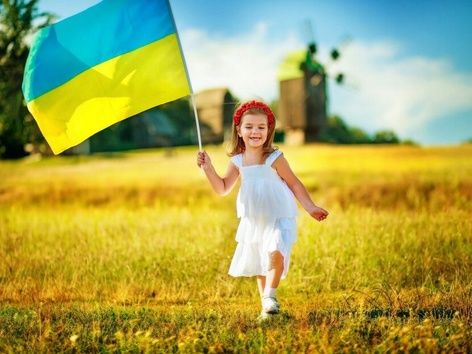Survey shows significant increase in Ukrainians considering Ukrainian their native language
A new survey reveals that 78% of Ukrainians now consider Ukrainian their native language, a 26% increase since 2006.


A recent survey by the Razumkov Centre reveals a significant shift in language preferences among Ukrainians. According to the sociological polling organization, 78% now consider Ukrainian their native language, a substantial increase from 52% in 2006.
The survey, conducted in 2024, involved a multi-stage sample of 2,016 respondents from all regions of Ukraine, excluding territories not under government control and active combat zones.
According to the findings, only 13% of respondents now consider both Ukrainian and Russian equally as their native languages, down from 16% in 2006 and 31% in 2015.
“In 2024, only 6% of Ukrainians consider Russian their native language, which is 25% less than in 2006 and 9% less than in 2015,” the sociologists state.
The study also indicates a rise in the use of the Ukrainian language. The Razumkov Centre reports that the number of those who speak predominantly or exclusively in Ukrainian has increased. If in 2006, this category included 46% of Ukrainians, in 2015 – 50%, then this year, the share is 70.5% of respondents.
The survey highlights changing attitudes towards the state language. Now, more Ukrainians consider the state language prestigious for communication with friends and colleagues at work or in studies – 75.5% compared to 43% in 2015. The perceived prestige of Russian has declined from 21.5% in 2015 to 6% this year.
According to the survey, most respondents (69.5%) believe they are fluent in Ukrainian. The share of respondents who poorly understood Ukrainian for everyday communication or did not understand it at all was 2.5%.
Read also:
- Assassinated Ukrainian language warrior Farion mourned by thousands in Lviv
- English officially becomes one of international communication languages in Ukraine
- German state to introduce Ukrainian as second foreign language at schools
You could close this page. Or you could join our community and help us produce more materials like this.
We keep our reporting open and accessible to everyone because we believe in the power of free information. This is why our small, cost-effective team depends on the support of readers like you to bring deliver timely news, quality analysis, and on-the-ground reports about Russia's war against Ukraine and Ukraine's struggle to build a democratic society.
A little bit goes a long way: for as little as the cost of one cup of coffee a month, you can help build bridges between Ukraine and the rest of the world, plus become a co-creator and vote for topics we should cover next. Become a patron or see other ways to support.



